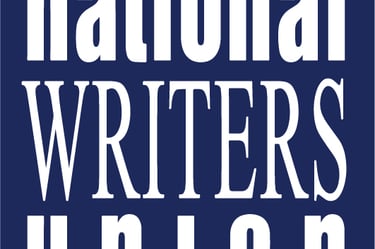Accusations of Racism and Neo-Nazism: Russia's Allegations Against the IOC


Accusations of Racism and Neo-Nazism: Russia's Allegations Against the IOC
On Wednesday, Russia made a startling accusation against the International Olympic Committee (IOC), claiming that the organization's neutrality rules for Russian athletes and potential sanctions for those participating in the Kremlin-organized Friendship Games were rooted in "racism and neo-Nazism." This accusation has sparked a heated debate and raised questions about the IOC's actions and motivations.
The Neutrality Rules and Sanctions
The IOC has implemented a set of neutrality rules for Russian athletes, which include restrictions on the use of the Russian flag and national symbols. These rules were put in place as a consequence of the country's state-sponsored doping scandal during the 2014 Sochi Winter Olympics. The IOC's aim was to ensure fair competition and maintain the integrity of the Games.
In addition to the neutrality rules, the IOC has also warned athletes against participating in the Friendship Games, an event organized by the Kremlin as an alternative to the Tokyo Olympics. The IOC argues that this event goes against the principles of fair play and undermines the authority of the Olympic Games.
Russia's Allegations: Racism and Neo-Nazism
Russia's allegations of "racism and neo-Nazism" stem from their perception that the IOC's actions unfairly target Russian athletes. They argue that the neutrality rules and the warnings against participating in the Friendship Games are discriminatory and imply a prejudiced view towards Russian athletes.
By using such strong language, Russia aims to draw attention to what they perceive as a biased treatment by the IOC. However, it is important to note that these allegations are highly controversial and have been met with skepticism by many in the international community.
The IOC's Response
The IOC has firmly denied Russia's accusations of racism and neo-Nazism. They maintain that the neutrality rules and warnings against participating in the Friendship Games are not targeted at any specific country but are instead measures taken to uphold the principles of fair play and maintain the credibility of the Olympic Games.
The IOC has emphasized that their decisions are based on ensuring a level playing field for all athletes and preventing any form of cheating or manipulation. They argue that these measures are necessary to protect the integrity of the Olympic Games and maintain the trust of athletes and fans alike.
The Ongoing Debate
The accusations made by Russia against the IOC have ignited a passionate debate within the sports community. Supporters of Russia argue that the neutrality rules and warnings against the Friendship Games unfairly penalize Russian athletes. They claim that these measures are a result of political motivations rather than a genuine concern for fair competition.
On the other hand, proponents of the IOC's actions argue that they are necessary to ensure the credibility of the Olympic Games and to prevent any form of cheating or manipulation. They believe that these measures are essential in upholding the principles of fair play and maintaining the integrity of the Games.
As the debate continues, it remains to be seen how the IOC will address Russia's allegations and whether any changes will be made to the neutrality rules or warnings against the Friendship Games. In the meantime, the focus should remain on promoting fair competition and maintaining the integrity of the Olympic Games.




